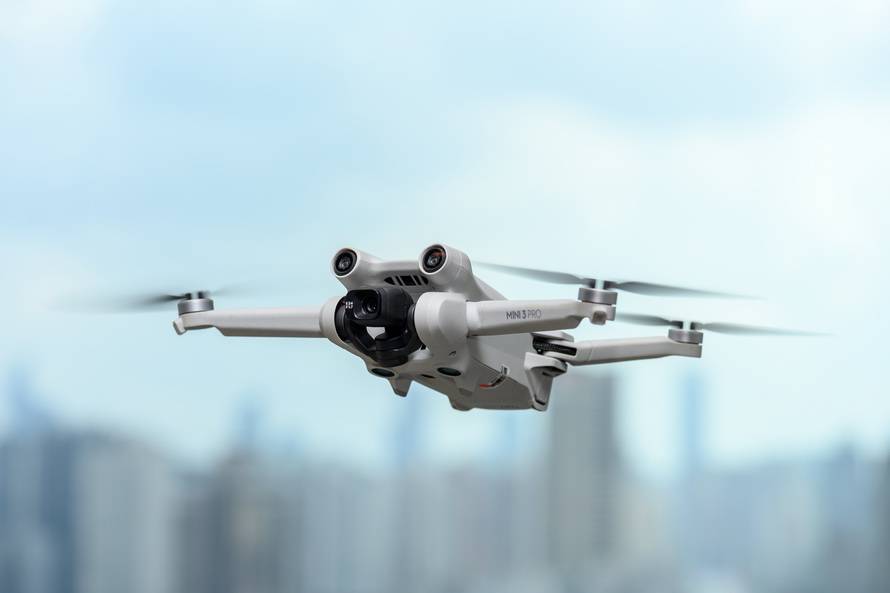In today’s rapidly evolving technological landscape, the demand for drone pilots is expanding exponentially, offering exciting job opportunities for drone enthusiasts and professionals alike. Drones are becoming integral in a multitude of industries, transforming how we approach tasks such as delivery, surveillance, inspection, and media production. This increase in drone usage has created numerous career paths for skilled drone pilots.
Industries Benefiting from Drone Technology
Drones are revolutionizing several sectors. In agriculture, they help farmers monitor crops, analyze field conditions, and improve yields. Similarly, in the real estate industry, drones are used to capture stunning aerial footage of properties, providing potential buyers with unique perspectives. Construction companies benefit from drones through site monitoring and project inspections, ensuring safety and efficiency.
Moreover, drones play a crucial role in public safety and disaster management by providing real-time data in dangerous situations where human presence might be risky. The film and entertainment industry leverages drones for capturing breathtaking scenes that were once impossible or too expensive to film.
Skills Required for Drone Pilots
To capitalize on these opportunities, aspiring drone pilots need specific skills. Mastery of flight control, understanding of regulations, proficiency in data analysis, and basic engineering principles are essential. Pilots should also be adept at using various software for flight planning and data processing, making them versatile in their roles.

How to Become a Drone Pilot
Becoming a professional drone pilot involves training and certification. Most countries require drone pilots to hold certifications, such as the FAA Part 107 certification in the United States. Training programs are available both online and offline, which cover theoretical knowledge and practical flight experience. Gaining hands-on experience with different drone models and their applications is crucial for building a successful career.
Future Outlook for Drone Pilots
The future for drone pilots is promising, with predictions for continued growth in the industry. As technology advances, drones will become more capable, leading to new applications and job opportunities. Innovations in AI and machine learning integrated into drones will further expand their usability, enhancing efficiency and creating new roles for drone operators.
Frequently Asked Questions
- What are the typical job roles for drone pilots? Drone pilots can find roles in various sectors like cinematography, agriculture, real estate, inspection, and public safety. Each sector requires unique expertise but offers rewarding career paths.
- Do I need a degree to become a drone pilot? While a degree is not mandatory, having education in fields such as engineering, geography, or computer science can be advantageous. Certifications and practical experience are more critical in this profession.
- Are drone pilot jobs well-paid? It varies by industry and experience. Generally, specialized fields such as inspections or cinematography offer higher salaries due to the expertise required.